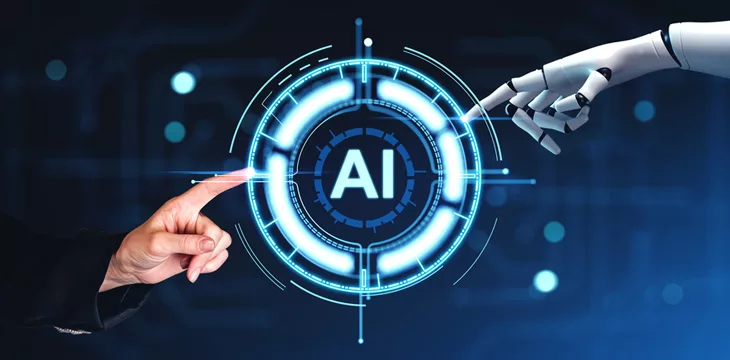|
Getting your Trinity Audio player ready...
|
A new report has uncovered rising productivity metrics for industries warmly embracing artificial intelligence (AI) leading to time and cost-saving benefits for enterprises in the ecosystem.
The report, compiled by professional services firm PricewaterhouseCoopers (PwC), noted significant growth in the productivity levels of firms in IT and financial industries since late 2022. PwC analysts pegged productivity rates in the industries at 4.3% over a three-year period compared to other sectors.
Firms in manufacturing, retail, transport, and construction could only manage productivity gains of 0.9% in the same window. PwC clarified that AI adoption in the sectors currently trails IT and financial industries by a long shot with technology firms leading the charge.
The embrace of AI in finance and IT has triggered a hiring spree by industry players, but a common denominator for job listings appears to be the requirement for AI skill sets for several available roles. However, analysts believe that innovation around generative AI could reduce the need for employees to have specific AI skills, but the pace could pose a problem.
“The challenge with AI, and particularly generative AI, is the speed of the change,” said Carol Stubbings, head of PwC Global Markets and Tax & Legal Services.
There are fears that a widespread integration of AI models could trigger massive upheavals for the global workforce, with one report predicting that nearly 60% of jobs in developed economies could be adversely affected.
PwC leveraged data from over 500 million job listings across 15 nations while relying on data from the Organization for Economic Co-operation and Development to augment the research.
The professional services firm has invested significant resources into AI, striking a partnership with Microsoft (NASDAQ: MSFT) to establish an AI center of excellence in the Middle East. Internally, PwC employees are turning to generative AI models to improve workflows to achieve the ultimate goal of boosting efficiency and productivity.
AI jobs soar, but the specter of gloom lingers
New research revealed that AI jobs have snagged the spotlight from Web3 to be the leading job listing market in recent months, buoyed by massive adoption rates by a growing number of firms.
Despite the spike in listing, entry-level roles are under threat of extinction by AI models capable of performing their functions. CIOs and CEOs are already mulling integration strategies for generative AI into their operations and appear poised to earmark up to 10% of their annual budget on AI spending.
“As CEOs navigate prolonged economic and geopolitical uncertainty, it is important to focus on what they can control and consider how they harness generative AI to rapidly conduct scenario planning and address changing market conditions or emerging risks faster and better equipped than ever before,” said Carl Carande, KPMG Global Head of Advisory.
In order for artificial intelligence (AI) to work right within the law and thrive in the face of growing challenges, it needs to integrate an enterprise blockchain system that ensures data input quality and ownership—allowing it to keep data safe while also guaranteeing the immutability of data. Check out CoinGeek’s coverage on this emerging tech to learn more why Enterprise blockchain will be the backbone of AI.
Watch: Blockchain & AI—there should be confluence between these tech

 07-02-2025
07-02-2025 





